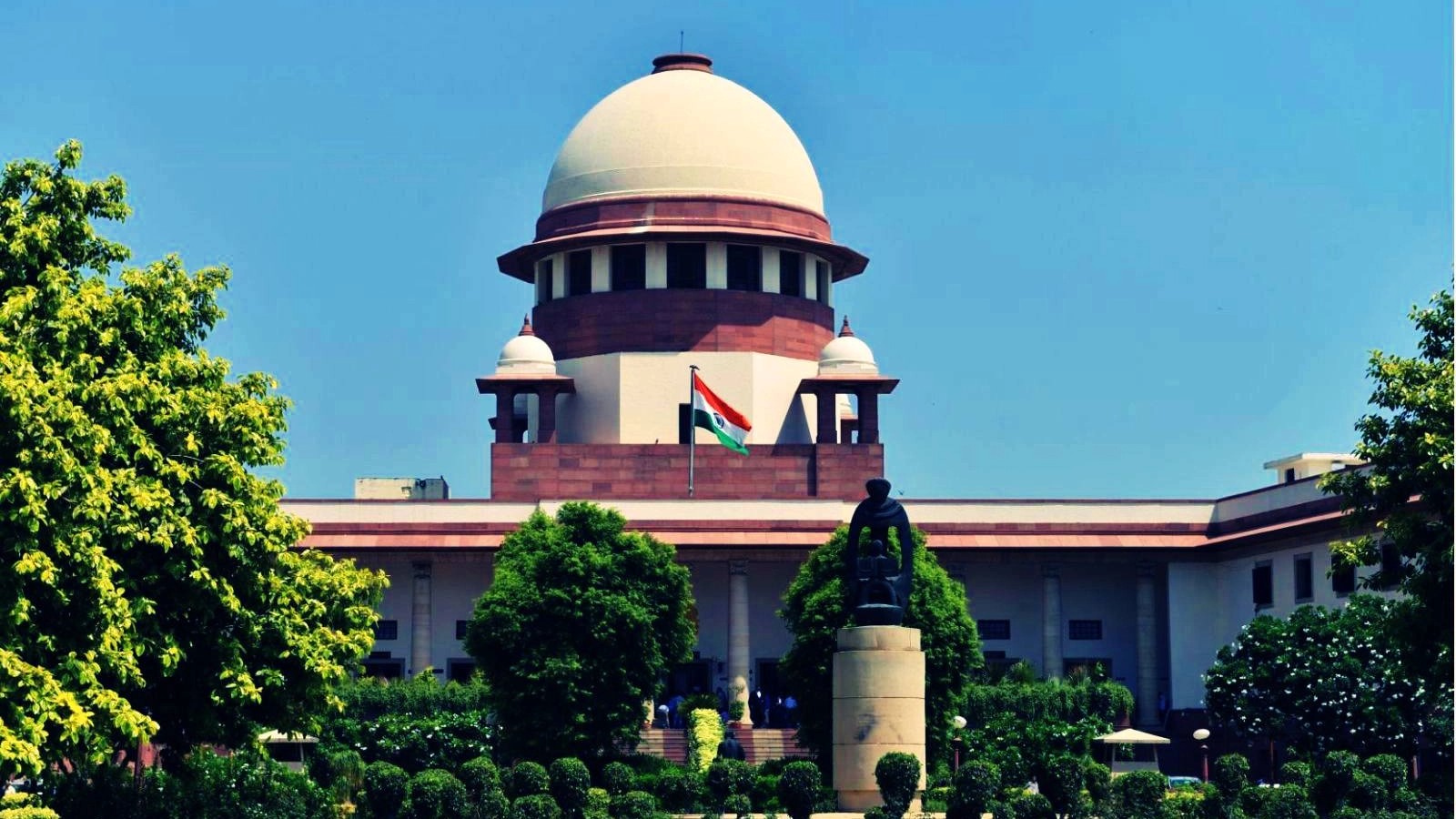


The Supreme Court on Tuesday took suo motu cognisance of mechanical entries in history sheets prepared by the police made against innocent individuals who hail from socially, economically and educationally disadvantaged backgrounds.A Bench of Justices Surya Kant and KV Visvanathan expanded the scope of proceedings in the case of Aam Aadmi Party (AAP) Member of Legislative Assembly (MLA) Amanatullah Khan challenging the decision of the Delhi Police to list him as a 'bad character' and to open a 'history sheet' against him."...we now, in exercise of our suo motu powers, propose to expand the scope of these proceedings so that the police authorities in other States and Union Territories may also consider the desirability of ensuring that no mechanical entries in History Sheet are made of innocent individuals, simply because they happen to hail from the socially, economically and educationally disadvantaged backgrounds, along with those belonging to Backward Communities, Scheduled Castes & Scheduled Tribes," the Court ordered.The Court cited certain studies which revealed the police's prejudicial and atrocious mindset, reflected in the selective mentioning of individuals belonging to certain castes."It is alleged that the Police Diaries are maintained selectively of individuals belonging to Vimukta Jatis, based solely on caste-bias, a somewhat similar manner as happened in colonial times."It thus directed all state government to take necessary preventive measures to safeguard such communities from being subjected to inexcusable targeting or prejudicial treatment."We must bear in mind that these pre-conceived notions often render them ‘invisible victims’ due to prevailing stereotypes associated with their communities, which may often impede their right to live a life with self-respect," the Court directed in its order.The Court also highlighted that a periodic audit overseen by a senior police officer will serve as a critical tool to review and scrutinise the entries made by the police, so as to keep a tab on discriminatory practices against such individuals."Through the effective implementation of audits, we can secure the elimination of such deprecated practices and kindle the legitimate hope that the right to live with human dignity, as guaranteed under Article 21, is well protected."It urged other states and union territories to consider amending their existing policies on the lines of the 'Delhi Model'."We, therefore, deem it appropriate, at this stage, to direct all the States/Union Territories to revisit their policy-regime and consider whether suitable amendments on the pattern of the ‘Delhi Model’ are required to be made so that our observations made in paragraphs 14 to 16 of this order can be given effect in true letter and spirit."
TAGS: Supreme Court suo motu police entries history sheet disadvantaged individuals social justice Justice Surya Kant